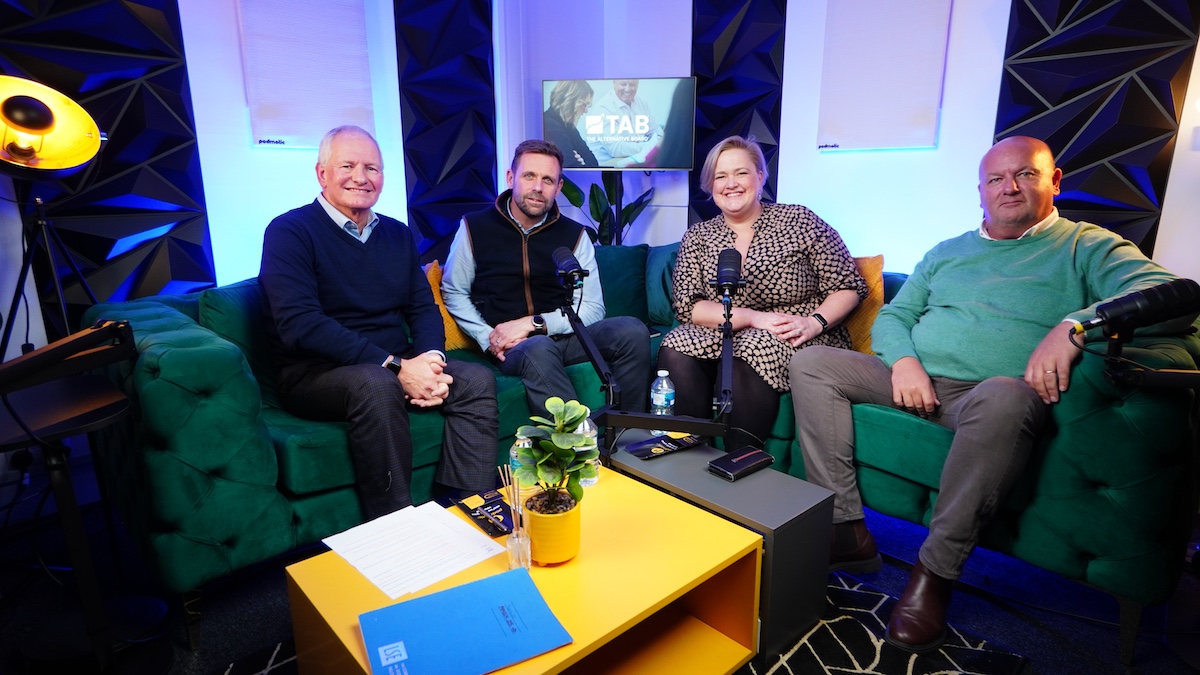
Small Business and the Budget
by Ed Reid
Listen to Audio Version:
Next Wednesday brings us the Autumn Budget: Rishi Sunak’s second Budget of the year as he tries to keep the recovery on track – and find a way to pay for the eye-watering cost of all the Covid support measures.
As always with the Budget there are two key questions for owners and directors of SMEs: what are we going to get? And what do we want?
Plenty of measures have been trailed. Rishi, it seems, is prepared to risk the wrath of the US tech giants – and the US administration – by giving us an online sales tax in an attempt to lift the high street.
My view is that the tax will do nothing to protect the high street, any more than taxing Model T Fords as they rolled off the production line would have saved the horse and buggy economy. If we’re all going to be paying ‘significantly more’ to keep warm this winter – and face ‘terrifying increases’ when we eat out – we’re hardly going to notice that the £9.99 book from Amazon is now £10.19.
Inevitably the Chancellor will have plenty to say about jobs. Is the glass half-full or half-empty? According to a recent report in City AM the Recruitment and Employment Federation said the number of new jobs has increased by 600,000 since the end of August, bringing the total number of vacancies up to 2.29m. But 1-in-4 UK workers is apparently looking to change jobs. Thousands of the vacancies will remain unfilled: the shortage of lorry drivers is just one example.
The Chancellor will undoubtedly refer to the success of the furlough scheme. But it’s ended – with almost 1m workers still having part of their wages paid by the Government on September 30th. As companies and organisations come to terms with the scheme ending, redundances and bankruptcies are, sadly, inevitable.
And the Chancellor will, of course, talk about numbers. He’ll start his speech by reeling off the predictions from the Office for National Statistics. Then he’ll mention ‘public sector debt’ – at which point it may be sensible to leave the room. In a small glimmer of light at the end of the tunnel the IFS has suggested that borrowing might be slightly less than forecast – but there’ll still be precious little room for new spending.
So what do SMEs really want from the Government? Let me offer two words, neither of which will get a mention next Wednesday.
Understanding – and simplification.
We’ve just had the Conservative Party Conference which ended – as always – with a speech from the party leader.
It has to be said that business wasn’t hugely impressed with Boris Johnson’s speech, with ‘economically illiterate’ being one of the kinder descriptions. There seemed to be almost no understanding of what running a business really involved.
Richard Walker, MD of Iceland, said that business was “not an endless sponge that can keep absorbing costs,” echoing the point I made two weeks ago. ‘The benefits of moving their business to net-zero are, especially for smaller SMEs, negligible.’
Craig Beaumont of the FSB suggested that the Government was ‘taking small business for granted.’
And it may not be just the UK government. I read a worrying article in Zero Hedge recently. ‘Is this US Government deliberately targeting small businesses?’ That should come with a caveat: Zero Hedge has an agenda. It’s largely anti-Washington and certainly anti the policies of Joe Biden. But the article draws an interesting comparison between the disappearance of small ‘mom and pop’ banks after the Great Depression and the potential disappearance of many, many traditional bricks and mortar businesses post-Covid – something we’ll almost certainly see in the UK.
That’s why organisations like the FSB and the IoD – and, to a lesser extent, companies like TAB UK – are so important. Small business has to make its voice heard, now more than ever.
And if there’s one word we need to get across it’s ‘simplification.’
Let me give you one example. I have a lot of time for the Kickstart scheme – but I know from several TAB members who are involved with it that it is an administrative nightmare.
Owners and directors of SMEs up and down the country have drive. They have energy, they have initiative. They have a real desire to build – or re-build – their businesses, to expand, to take on more people and spearhead the UK’s economic recovery.
What they don’t have is time.
And no Government initiative can give them more time. So what the Government must not do is take an unfair share – via unnecessary administrative burdens – of what little time entrepreneurs do have.
So if I have one message for Rishi as he puts the finishing touches to his Budget it’s this. One of the oldest, most basic business maxims of them all.
KISS…
Related articles

For better, for worse
Ed Reid talks about the exciting prospect of starting your own business, and how like marriage, it shouldn't be entered into lightly.

2024 Autumn Budget: What It Means for UK Business Owners
Ed explores the impact of the 2024 Autumn Budget on UK businesses and discusses strategies for navigating new financial challenges and opportunities.

The reds vs the blues
Ed Reid, Managing Director of TAB (UK), writes in his blog about how businesses might be run a year from now following the coronavirus outbreak.





